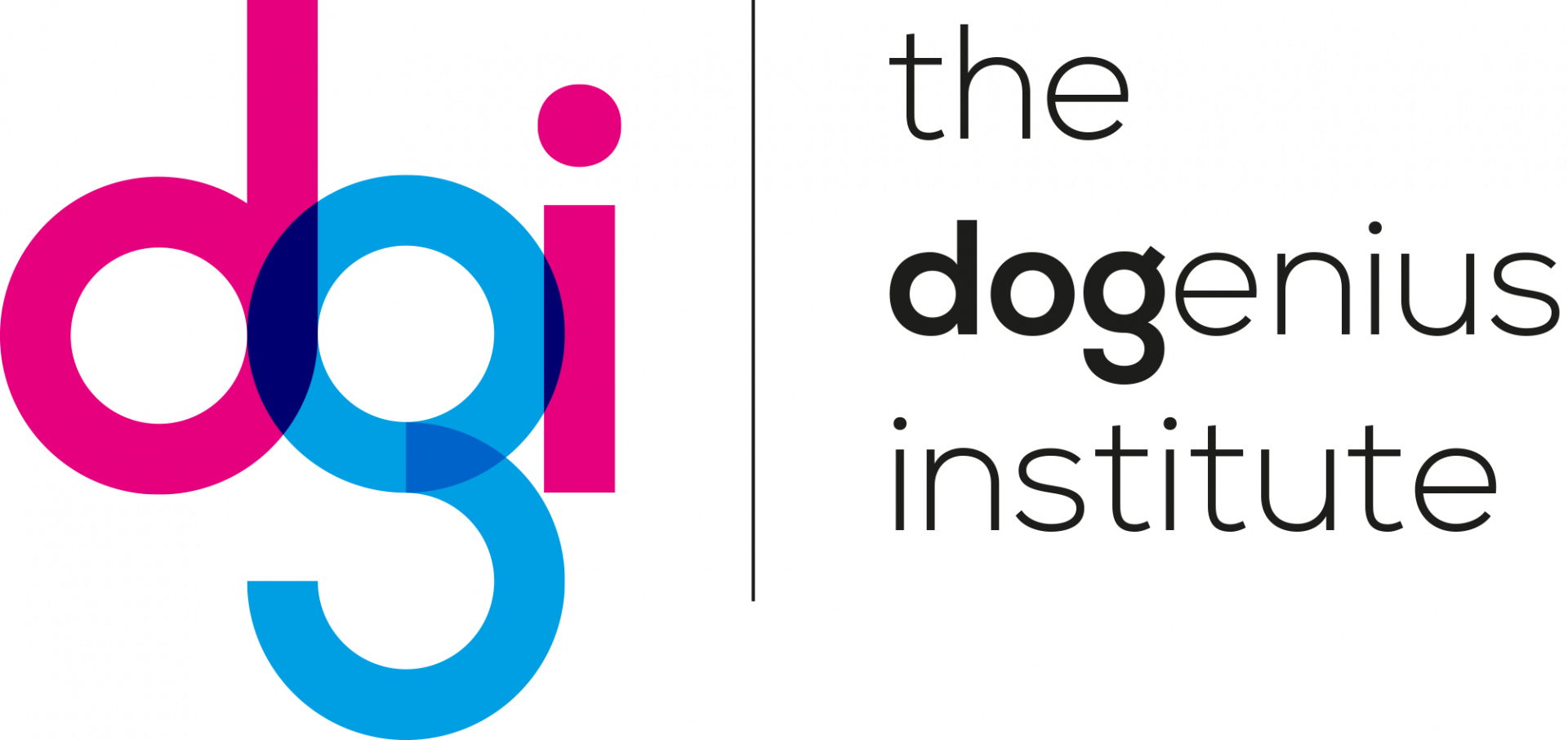So, you work with animals and you’ve seen or been involved with something pretty awful. Something that left you a little shaken, preoccupied and maybe a bit upset or moody. A colleague, friend or partner asks if you’re ok and you say ‘yeah, just another shit day at work’. Maybe you work in a high-kill shelter, or see animal cruelty or neglect in some way far too often. Perhaps you’re a vet or vet nurse, who had just comforted clients following the euthanasia of a beloved pet for the fifth time that day. Perhaps you were on holiday and noticed the dull, dead eyes of a lion pacing stereotypically in its enclosure during a visit to a local zoo and were helpless to do anything about it.
Those of us who work in animal professions, usually view our ‘subjects’ from an empathic, position and are sensitive enough to capture multi-faceted elements of a non-human person. Indeed, some believe that emotions are an essential aspect of good care provision. In fact, I wonder if it’s even possible to care for non-human others without an emotional and empathic engagement?
However, dealing with an accumulative emotional impact is not easily manageable. In my long, professional career with animals I have witnessed and experienced things that were not easily controllable and were unforgettably horrific. They happened whether I wanted them to or not. Trauma at work that you cannot run away from because ‘it’s just part of your job’. Happening upon neglect and cruelty that you weren’t looking for, but found whilst walking the dog. Seeking out terribly abused dogs, because rehabilitating them helps you feel better as payback. Dark humour used as a coping mechanism that anyone outside of the job would probably be horrified by. Even in my dreams, my mind tried to wrestle with the horrors witnessed along the way. Exposure to suffering was almost unavoidable and exacerbated by the knowledge which informed me of the degree of suffering experienced by non-human animals. Once you see, you cannot unsee. Does this sound familiar?
My insight into the traumatised dog’s experience was as relevant and accurate as when working with traumatised humans in my other role as a psychotherapist; maybe more so, as they were more honest in their behaviours. In contrast, humans were proficient at hiding their thoughts and feelings and respective social constructs. Yet, the inability to effect change in either the non-human animal or it’s circumstances was unbearably frustrating. The residual emotional energy from these types of empathic responses can cause what Figley describes as Compassion Stress (Figley, 2002) which can impact humans negatively in the same way as any stress. Unlike human interventions where the pressure was alleviated by a sense of achievement that almost outweighs the stress, experiencing this empathy with suffering animals, where no success was made, was detrimental. Combine this with a prolonged exposure period, a sense of responsibility and traumatic recollections and all the ingredients are there for compassion fatigue.
Shapiro (1994) explains how people drawn to alleviating animal suffering such as activists or those who have an affinity to non-human animals, deliberately seek out or unconsciously stumble across animal suffering. He explains that ‘without intending it, the animal rights activist finds that she is increasingly and eventually, perpetually on-call’ (Shapiro, 1994, p. 158). I could understand that, yet I did not consider myself an activist, more a scholarly advocate. Yet as Shapiro points out, the workday did not end when I closed my computer down, as I appeared to have what he describes as an activist ability to sense ‘traces of animal suffering and exploitation all around’ (Shapiro, 1994, p. 159). I only had to look through my Facebook feed to find it. But it is a common issue amongst those of us who become emotionally involved as an essential part of their work.
My own experience of compassion fatigue came on slowly and insidiously. The joy I used to experience when viewing spectacular hillsides, watching herds of animals grazing or observing the acrobatics of peregrine falcons, were tempered with knowing that street dogs were suffering or that hundreds were euthanised in shelters that day. I could not unknow what I now knew, and knowledge lead to sadness and self-questioning. I felt as though I was merely managing melancholy but not ridding my psyche of it. I understood disassociation; the shifting to a cognitive rather than affective stance as a defensive mechanism (Bremner and Brett, 1997; Daly and Morton, 2008) and I hoped this would happen when I tried to move into a similar position, rather like changing gear in a car. Yet it was difficult, as I knew there was no end to it in sight and it was out of my control.
I considered how I self-care and, in a situation where I could not get the ‘job-satisfaction’ in the way I could with humans, how to manage this. Writing my journal was a useful method where I put down my feelings and expressed thoughts that perhaps I might not have shared with others. I had friends and family who were patient and open-minded enough to listen to me rant my frustrations and watch me cry sympathetically. I debriefed with peers regularly as we shared our painful experiences, and I was mindful about trying to balance the impact of research with life events that I experienced at the same time. On further reflection, I realised that one of the most effective ways I managed emotional stress was how I worked with some canine victims of the hunting world.
